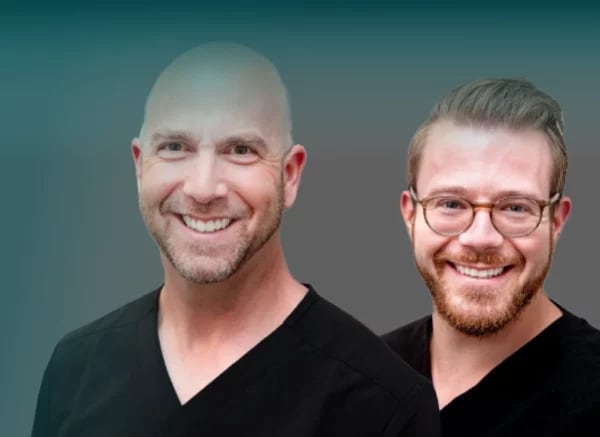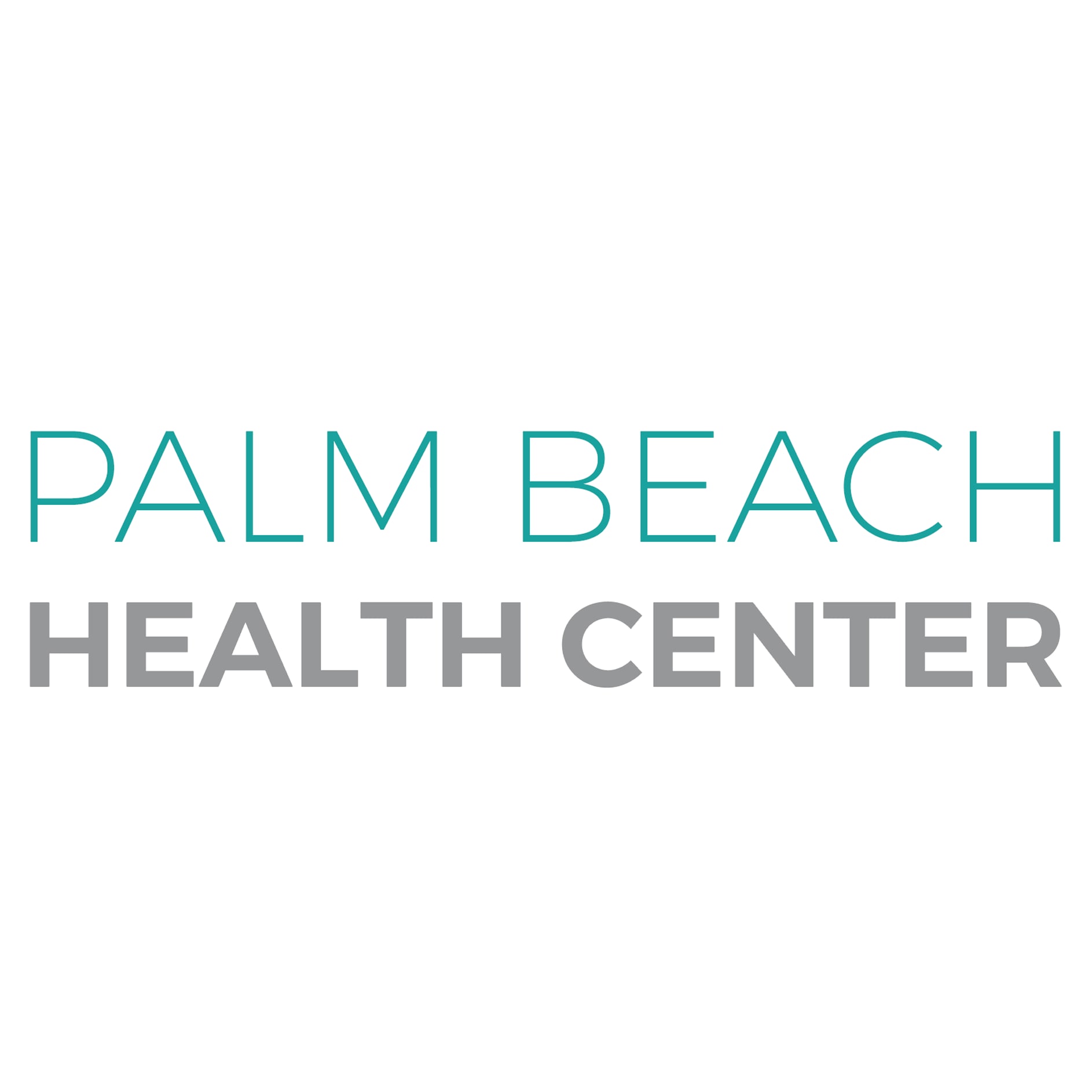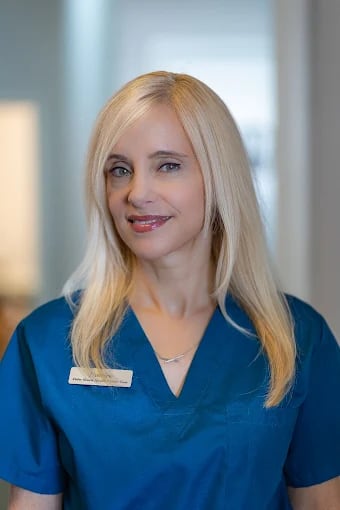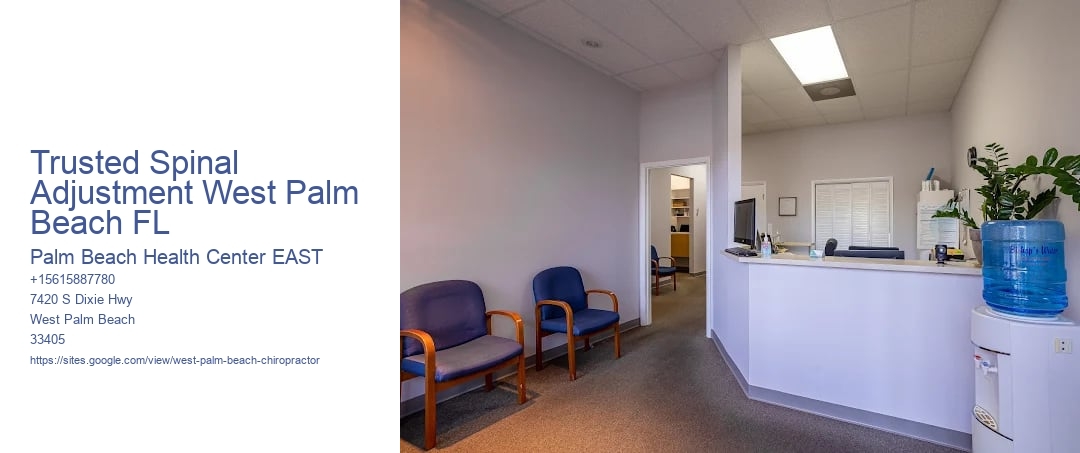Alternative medicine describes methods that aim to attain the recovery effects of standard medication, yet that normally lack organic plausibility, testability, repeatability, or supporting evidence of performance. Such practices are generally not part of evidence-based medicine. Unlike modern-day medication, which utilizes the scientific technique to examine plausible therapies by way of liable and moral clinical tests, creating repeatable proof of either effect or of no effect, alternative therapies reside beyond mainstream medication and do not stem from utilizing the scientific approach, however rather depend on testimonials, stories, religion, tradition, superstitious notion, belief in mythological "powers", pseudoscience, errors in reasoning, publicity, scams, or other unscientific sources. Frequently used terms for relevant methods are New Age medicine, pseudo-medicine, unorthodox medication, alternative medicine, fringe medication, and unique medication, with little distinction from quackery. Some alternative practices are based upon concepts that oppose the recognized scientific research of how the human body works; others interest the mythological or superstitions to clarify their result or lack thereof. In others, the method has reliability however lacks a favorable danger–-- benefit outcome possibility. Research study right into alternate treatments usually falls short to follow proper study procedures (such as placebo-controlled trials, blind experiments and calculation of prior likelihood), providing invalid outcomes. Background has revealed that if a technique is shown to work, it eventually stops to be alternative and comes to be traditional medicine. Much of the perceived impact of a different method occurs from a belief that it will work, the placebo result, or from the cured problem fixing by itself (the all-natural training course of disease). This is further aggravated by the tendency to transform to different therapies upon the failing of medication, at which point the problem will go to its worst and probably to spontaneously improve. In the absence of this prejudice, specifically for diseases that are not expected to get better on their own such as cancer or HIV infection, multiple research studies have revealed substantially worse results if patients transform to alternative therapies. While this might be because these individuals avoid reliable therapy, some alternative treatments are proactively damaging (e. g. cyanide poisoning from amygdalin, or the willful ingestion of hydrogen peroxide) or proactively hinder efficient treatments. The natural medicine field is a highly profitable market with a solid lobby, and encounters far much less regulation over the usage and marketing of unverified therapies. Corresponding medication (CENTIMETERS), corresponding and natural medicine (WEBCAM), integrated medicine or integrative medicine (IM), and all natural medicine attempt to integrate alternate experiment those of mainstream medication. Traditional medicine techniques come to be "different" when made use of outside their original setups and without appropriate clinical explanation and proof. Different methods are usually marketed as more "natural" or "holistic" than approaches provided by medical scientific research, that is sometimes derogatorily called "Large Pharma" by advocates of alternative medicine. Billions of dollars have actually been spent researching alternative medicine, with few or no positive outcomes and many methods thoroughly disproven.
.



